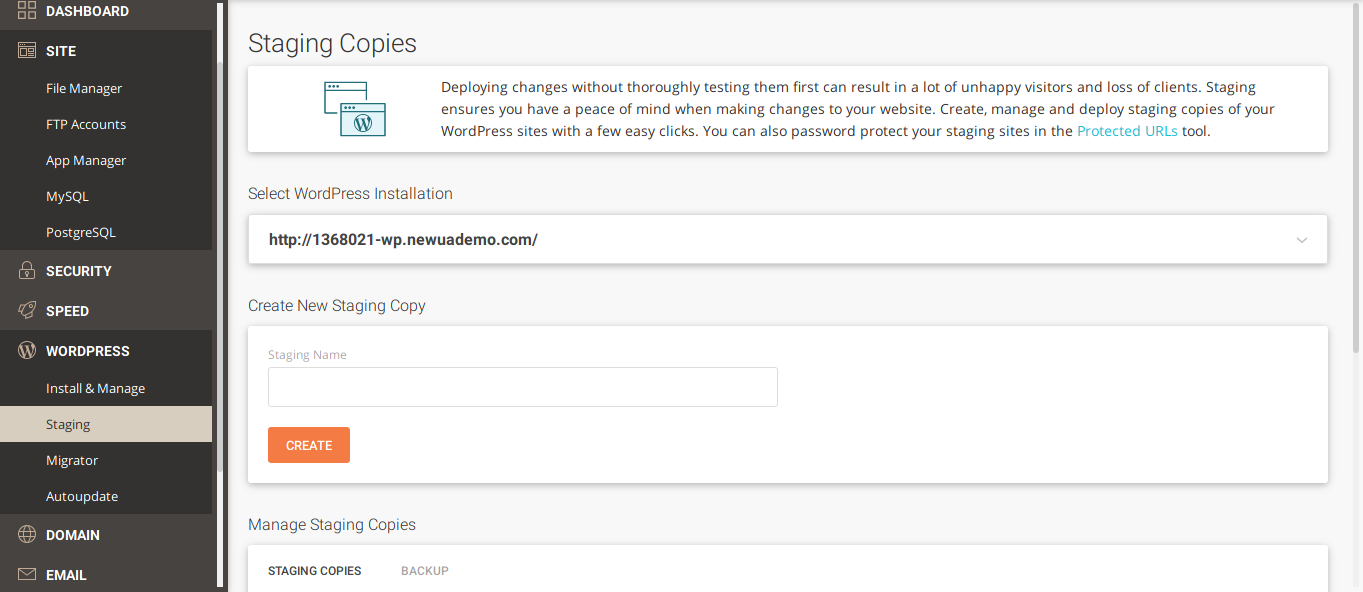In today’s rapidly digitizing world, signing documents electronically has become not just a convenience, but a necessity. Whether you’re a business professional closing deals remotely or an individual managing contracts, the ability to eSign a PDF online quickly and securely is critical. With 2025 bringing even more robust and accessible tools into the market, choosing the right platform can save time, improve workflows, and enhance security.
Below is a comprehensive look at the top 7 tools to eSign PDF documents online in 2025, each offering a blend of powerful features, intuitive interfaces, and strong security protocols.
- 1. DocuSign
- 2. Adobe Acrobat Sign
- 3. SignNow
- 4. HelloSign (Dropbox Sign)
- 5. PandaDoc
- 6. SignRequest
- 7. eversign
- What to Look for When Choosing an eSign Tool
- Conclusion
-
FAQs
- 1. Are eSignatures legally binding in 2025?
- 2. Which eSign platform is best for small businesses?
- 3. Can I sign documents using my smartphone?
- 4. Are electronic signature tools secure?
- 5. Do any of these tools offer a free plan?
- 6. Can I use eSign tools to handle multiple signers?
- 7. Is training required to use these platforms?
1. DocuSign
DocuSign continues to lead the digital signature space with its highly secure and user-friendly platform. Offering advanced features like real-time tracking, automated workflows, and compliance with regulations such as eIDAS and ESIGN, it’s ideal for both enterprises and individuals.
- Pros: Industry-leading security, integration with popular apps (Salesforce, Google, Microsoft), user-friendly.
- Cons: Premium pricing for advanced features.
DocuSign is best suited for businesses that need scalable eSignature solutions with extensive compliance and global reach.

2. Adobe Acrobat Sign
Formerly known as Adobe Sign, Adobe Acrobat Sign delivers one of the most seamless PDF signing experiences in the market. Backed by the power of Adobe, it offers comprehensive PDF tools, making it especially effective for users already in the Adobe ecosystem.
- Pros: Native Adobe integration, excellent PDF editing capabilities, highly secure.
- Cons: May be overwhelming for users unfamiliar with Adobe’s interface.
This tool is perfect for professionals who require both advanced PDF capabilities and robust signing options in one package.
3. SignNow
SignNow has emerged as a popular choice due to its affordability and strong feature set. It supports reusable templates, allows multiple signers, and offers real-time status tracking, making it appealing for freelance professionals and SMBs.
- Pros: Cost-effective, user-friendly, supports integrations (e.g., G Suite, Dropbox).
- Cons: Limited branding options in lower-tier plans.
SignNow is a solid choice for teams looking for a budget-friendly and efficient signing tool.
4. HelloSign (Dropbox Sign)
Rebranded as Dropbox Sign in 2023, HelloSign remains a favorite among tech startups and small businesses. The platform integrates tightly with cloud storage solutions and provides a clean UI for sending, signing, and managing documents.
- Pros: Seamless Dropbox integration, clean interface, easy to use.
- Cons: Limited advanced features unless using higher-tier plans.
If you’re already a Dropbox user, integrating HelloSign into your workflow ensures efficiency and data continuity.
5. PandaDoc
PandaDoc extends beyond simple eSigning by offering document automation and CRM integrations. It’s especially powerful for sales teams that require data-driven solutions, enabling users to create, edit, and sign documents all in one platform.
- Pros: Document creation tools, analytics, CRM-friendly.
- Cons: Slight learning curve for beginners.
For businesses that thrive on data and automation, PandaDoc is a comprehensive solution for end-to-end document management.
6. SignRequest
SignRequest delivers simplicity without compromising security. Designed for individuals and small teams, it offers basic eSignature features with enterprise-grade encryption, backed by an intuitive interface suitable for non-tech-savvy users.
- Pros: Very easy to use, competitive pricing, eco-friendly approach.
- Cons: Fewer integrations than premium platforms.
Choose SignRequest if you need a no-frills but secure platform for signing essential documents quickly.
7. eversign
eversign offers a blend of affordability and features tailored for businesses of all sizes. It supports team management, audit trails, templates, and cloud synchronization, making it highly flexible and scalable.
- Pros: Free tier available, scalable features, secure document archiving.
- Cons: UI isn’t as modern compared to top-tier competitors.
For users who value adaptability and are seeking a cost-effective approach, eversign is a compelling option in 2025.
What to Look for When Choosing an eSign Tool
When evaluating different eSign tools, certain factors can help determine the best fit for your needs:
- Security & Compliance: Ensure the platform is compliant with laws like ESIGN, HIPAA, and GDPR.
- User Interface: Look for a clean, intuitive layout to minimize training time.
- Integrations: Check if it integrates with the software you already use—CRM, cloud storage, email clients.
- Customization: Branding, templates, and workflows tailored to your business processes are essential for scalability.
- Affordability: Consider total cost based on features, not just free tiers.

Conclusion
The ability to eSign documents online has reshaped modern workflows, adding seamless efficiency for businesses and individuals alike. Whether you’re seeking robust enterprise features or simple signing capabilities, these top 7 tools offer reliable solutions tailored to your needs.
By choosing the right eSign tool in 2025, you ensure that your document processes are not only quicker but also safer. Take the time to test out free trials where available, and align your choice with your overall productivity goals.
FAQs
1. Are eSignatures legally binding in 2025?
Yes. eSignatures are legally binding in most countries including the U.S. and EU as long as they comply with laws like the ESIGN Act and eIDAS. Most tools mentioned above meet or exceed these requirements.
2. Which eSign platform is best for small businesses?
SignNow and HelloSign (Dropbox Sign) are both excellent choices for small businesses due to their affordability and essential features.
3. Can I sign documents using my smartphone?
Absolutely. All the listed tools offer mobile apps or responsive web applications that allow document signing on the go.
4. Are electronic signature tools secure?
Reputable platforms use encryption, audit logs, and compliant handling to ensure document security and integrity.
5. Do any of these tools offer a free plan?
Yes. eversign, SignRequest, and HelloSign offer free plans with limited but useful features ideal for individuals or small-scale users.
6. Can I use eSign tools to handle multiple signers?
Yes. Most tools like PandaDoc, DocuSign, and Adobe Acrobat Sign support multiple signers and advanced workflow management.
7. Is training required to use these platforms?
Under normal use cases, these tools are designed to be intuitive. However, enterprise-level features in platforms like Adobe Sign or PandaDoc may require some onboarding.



Leave a Reply